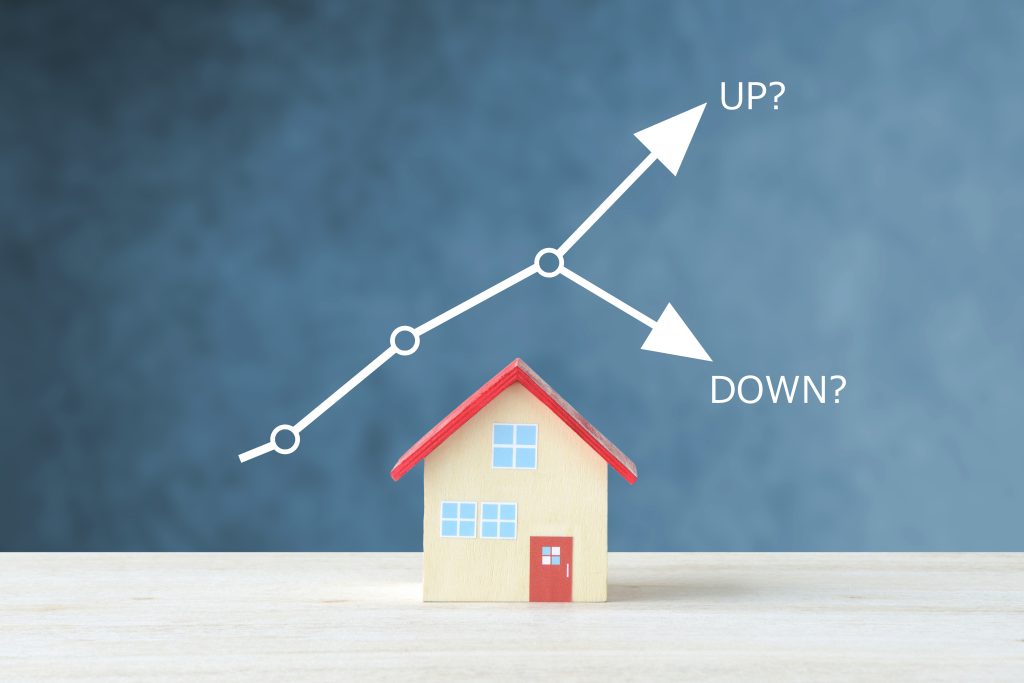Deciding what to do with your property can be a challenging decision, especially when it comes to renting or selling your house. Both options have their pros and cons, and it’s important to carefully consider your circumstances and long-term goals before making a choice. In this blog post, we’ll explore the key factors to consider when deciding whether to rent or sell your house.
- Market Conditions: The first factor to assess is the current real estate market. If the market is hot and prices are rising, selling your house could potentially yield a significant profit. On the other hand, if the market is slow or prices are stagnant, renting your property might be a better option to generate ongoing income while waiting for the market to improve.
- Financial Considerations: Evaluate your financial situation and determine your immediate and long-term goals. If you need a lump sum of money for a down payment on another property or to pay off debts, selling your house can provide the funds you need. However, if you’re looking for a steady stream of income, renting can offer a reliable monthly cash flow.
- Maintenance and Responsibilities: Owning a property comes with maintenance responsibilities and costs. Consider your willingness and ability to handle these tasks. If you prefer a hands-off approach and don’t want to deal with repairs or property management, selling your house might be the better choice. Renting, on the other hand, means taking on the role of a landlord, which entails addressing maintenance issues and finding suitable tenants. You can also hire a property management company, however they charge 10% of the monthly rent for their services.
- Long-Term Investment: Real estate can be a valuable long-term investment. If you believe that property values in your area will appreciate over time, holding onto your house and renting it out could lead to greater returns in the future. Additionally, by renting your property, you maintain ownership and have the potential to benefit from tax advantages and property appreciation.
- Flexibility and Mobility: If you anticipate moving to a new location or have plans to downsize in the near future, selling your house provides greater flexibility. Renting out a property can tie you to a specific location and limit your ability to relocate easily. Selling can free up your finances and give you the freedom to explore new opportunities without the responsibility of managing a rental property.
- Emotional Attachment: Your emotional connection to your house can also play a role in your decision-making process. If your house holds sentimental value and letting go is difficult, renting might be a way to retain ownership while still generating income. However, if you’re ready to move on and embrace a new chapter in your life, selling can provide closure and a fresh start.
- Legal and Tax Implications: It’s essential to understand the legal and tax implications of both renting and selling your property. Consult with professionals such as real estate agents and tax advisors to ensure you are aware of any legal obligations, such as landlord-tenant laws, and to assess the tax consequences of each option. This will help you make an informed decision based on your specific circumstances.
- Risk Management: Finally, consider the risks involved in renting or selling your property. Renting carries the risk of difficult tenants, late payments, or property damage. On the other hand, selling comes with the risk of a slow market, potential price depreciation, or the need to make repairs to attract buyers. Assess your risk tolerance and evaluate which option aligns better with your comfort level.

Ultimately, the decision to rent or sell your house depends on a variety of factors, including market conditions, financial goals, personal circumstances, and risk tolerance. Carefully weigh the pros and cons of each option, seek professional advice when needed, and make a choice that aligns with your overall objectives and long-term plans.




